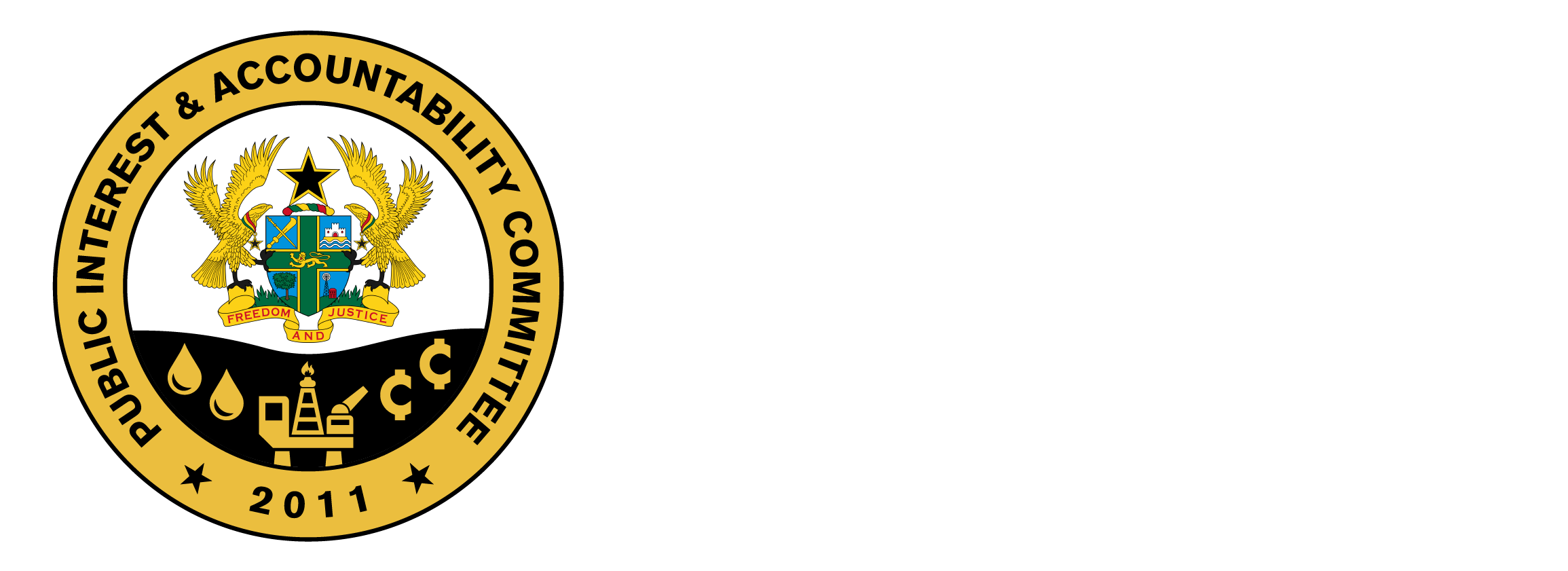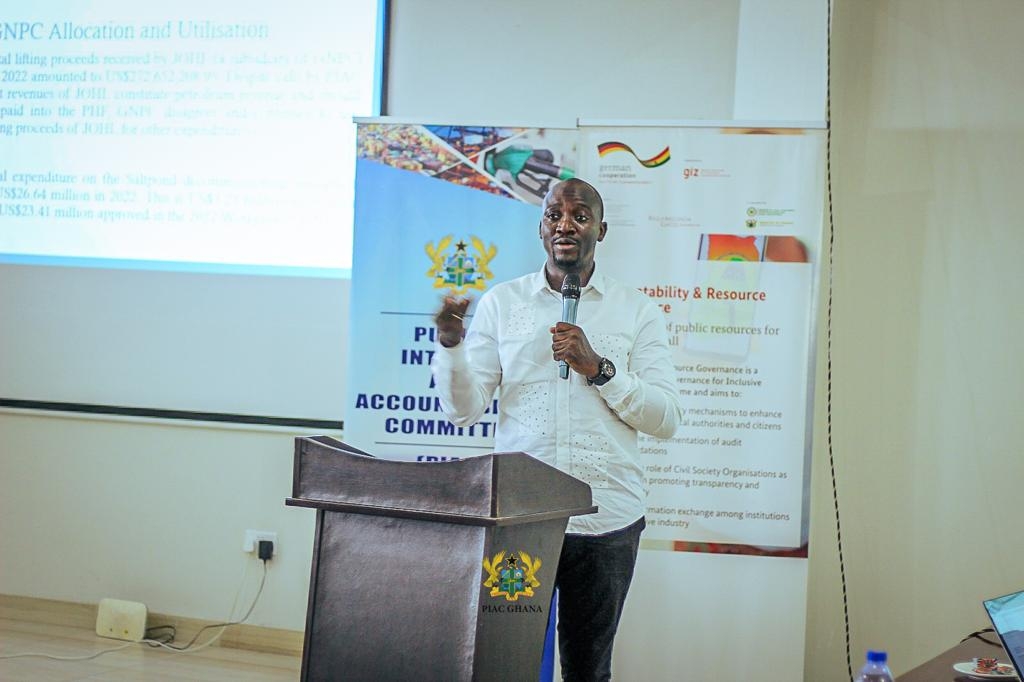Surface Rental Arrears owed by International Oil Companies (IOCs) operating in Ghana increased from US$2.58 million in 2021 to US$2.77 million in 2022, representing a 7.6 per cent increase Of the figure owed by 10 IOCs, US$1.80 million, representing 65 per cent is owed by four of them— Sahara Energy Fields, Swiss African Oil Company Limited, Britannia-U and UB Resources Limited – whose Petroleum Agreements (PA) were terminated by the Ministry of Energy in 2021.
“Efforts made by the Ghana Revenue Authority to retrieve the arrears are yet to yield the desired results” according to the Public Interest and Accountability Committee (PIAC) report on the management and use of petroleum revenue for 2022.
As of December last year, IOC with PAs on the debtors list were Goil offshore; Eco Atlantic; Springfield Exploration and Production Limited; Medea Development; Base Energy Ghana Limited and OPCO.
According to the report, Surface Rental payments received from nine out of the current 14 operational IOC in 2022 totalled US$687,759.16 compared with US$826,815.52 for 2021, indicating a 16.8 per cent decrease.
Commenting on the development at a media workshop in Keta in the Volta Region on Saturday, the Vice Chairman of PIAC, Nasir Alfa Mohammed, reiterated the need for the Ghana Revenue Authority (GRA) to step up its efforts at collecting the arrears.
He also urged the Ministry of Energy to collaborate with the GRA and other relevant institutions to ensure that such arrears were paid before the companies exited the country.
The two-day training organised by the Committee and the German Development Corporation (GIZ) was meant to deepen the understanding of members of the parliamentary press corps and Institute of Financial and Economic Journalists (IFEJ), on oil revenue management and use.
In a presentation on the country’s gas sub-sector, the Technical Manager of PIAC, Mark Agyemang, said the current contracted gas supply was projected to be exhausted by 2028 from Ghana’s producing fields.
“If no new hydrocarbon discoveries are made, gas imports would automatically increase, and cost of electricity and products from non-power industries that purchase gas for their products would increase as well,” he said.
Although Mr Agyemang said IOCs are conducting works to increase gas flows which could revise the 2028 date, there was the need for the government to intensify efforts towards the discovery of additional gas reserves.
“There is the need for an amendment in the petroleum legal framework to set gas apart from crude oil and create a distinctive gas fiscal regime,” he said.


